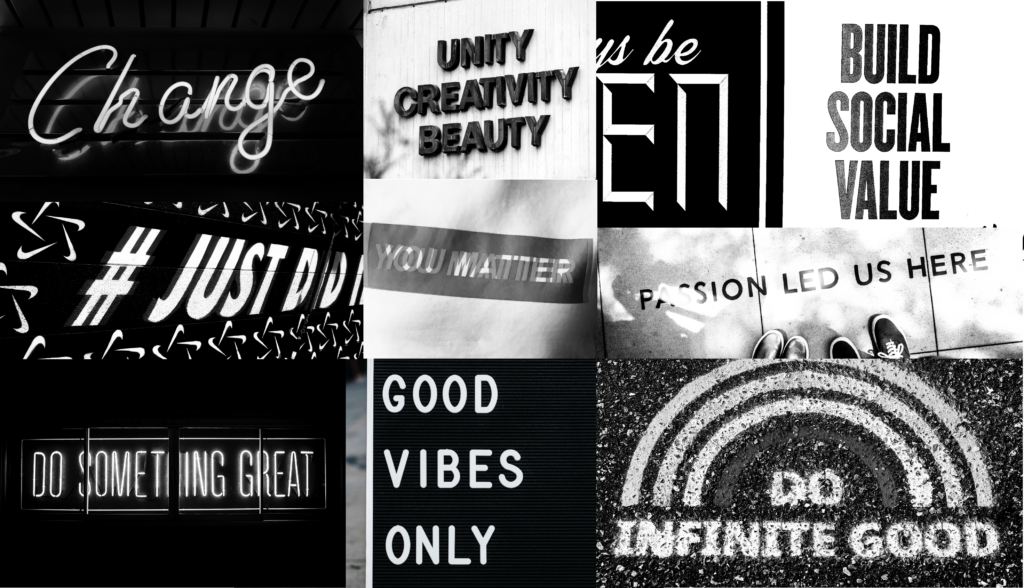Volkswagen chief executive Herbert Diess recently said: “We should do the utmost to really stop the war and get back to negotiations and get back to trying to open up the world again.”
I grew up with a Volkswagen Golf. When I became a parent, my perception that Volkswagen was reliable guided my purchase of another Volkswagen Golf. So, to say I found this comment disappointing is an understatement.
In recent months, my Ukrainian colleagues have joined team meetings from bomb shelters, and missed work because they’ve spent the night patrolling their city.
Negotiations with Russia today would mean ceding Ukrainian territory, allowing the subjugation of Ukrainian citizens in the east of the country, and witnessing their forced displacement across Russia. It means accepting the rule of brute force in international relations.
Is that the price of restarting car production? If so, we need to ask what Volkswagen’s brand values – “responsibility”, “honesty”, “bravery” and “reliability” – really mean. Are they values at all?
Brand values aren’t a good thing to say on your website. They are what actually governs your decision-making. They guide how your colleagues approach and deal with situations – especially the hard ones.
Brand values aren’t a good thing to say on your website. They are what actually governs your decision-making.
Volkswagen AG agrees. It describes its brand values as the “basis of our common corporate culture”. It includes responsibility – being “part of society” – and that it does “the right thing out of inner conviction”. Bravery and reliability – that the company “can be counted on” – are also listed.
Beyond the company cheating on emissions tests – bringing its honesty into question – its sense of “responsibility” has been shaken by its refusal to close a factory in China’s Xinjiang province, where the Uighur minority faces forced labour and re-education.
When I wrote to Volkswagen – as an owner of one of its cars – to express my dismay at Deiss’ comments, I was told: “If there is a deep recession in Europe due to higher energy and raw material costs that will impact sales in Europe – not just for us [but] for many industries. I think that’s simply logical. If a resolution of the conflict means we avoid a recession then that is clearly better for consumers and industry. Again, logical economics.”
You should feel brand values in your interactions with an organisation. If Volkswagen isn’t brave enough to prioritise what’s important when it comes to Ukraine, then what actually guides the company’s behaviour? Presumably, the pursuit of profit over all else. Why would I trust the safety of my four-year-old son to such a firm?
This is why I love working with policy institutes, think tanks, and NGOs: because values are at the heart of what you do.
Whether you are focused on driving free market reforms because you believe that this is the way to improve the least well off in society. Or you are a charity advocating for the benefits of immigration for both the host country and the immigrants themselves.
Unlike VW, your values actually mean something. It’s why you turn up at work each day. And that is something to be celebrated. We need more organisations in the world that stand up for what they believe in – we’d be lost without them.
A version of this piece was originally published in PR Week.



